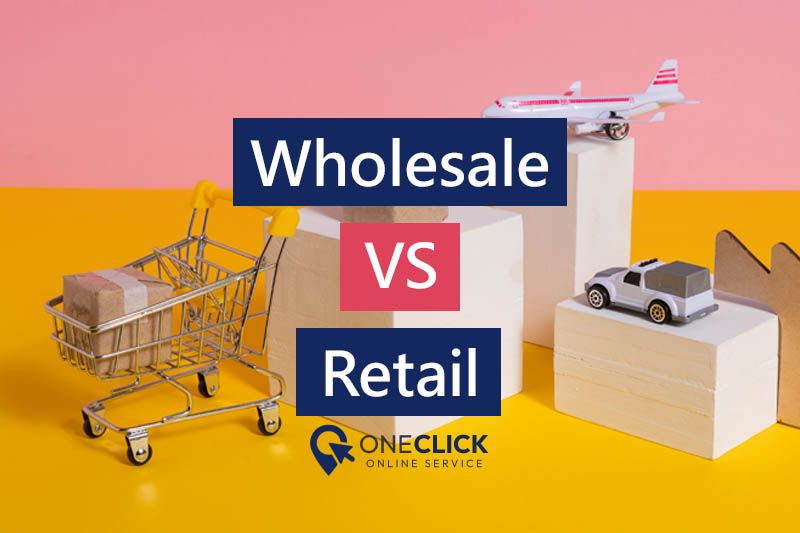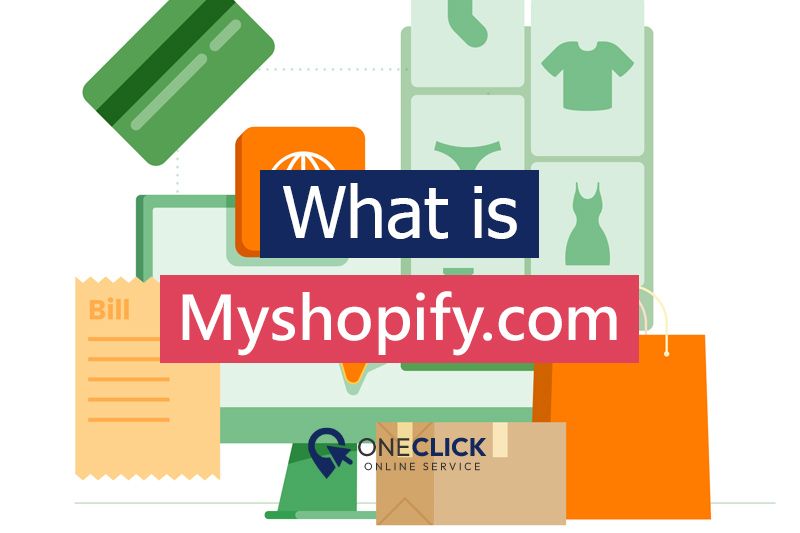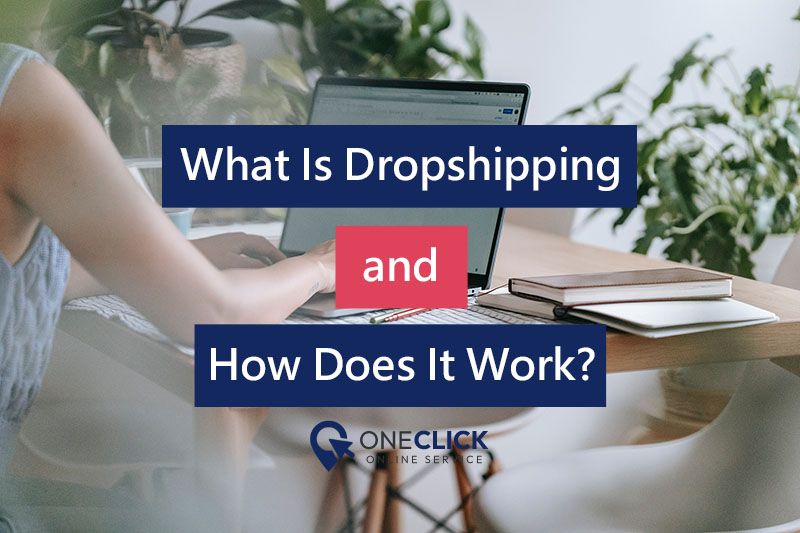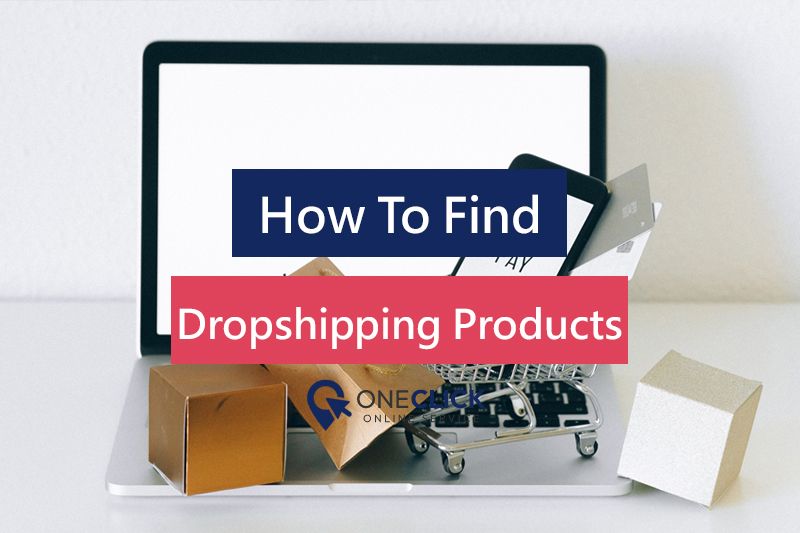Wholesale vs. Retail: What's the Big Difference? (2024)
Table of contents
- What is wholesale?
- What is retail?
- What’s the Difference Between Wholesale and Retail?
- Comparison: Wholesale vs. Retail
- Pros and Cons of Wholesale
- Pros and Cons of Retail
- Types of Wholesalers
- Types of retailers
- Can Wholesalers Sell Retail and Vice Versa?
- Conclusion Wholesaling or Retail?
- FAQ about Wholesale vs Retail
Exploring Wholesale vs Retail In this article, we delve into the dynamics of wholesale and retail, two fundamental aspects of the commerce landscape. Understanding the distinctions between these models is essential for entrepreneurs, business owners, and consumers alike. If gaining insights into the differences and implications of wholesale versus retail is valuable to you, then stay tuned as we navigate through the intricacies of these concepts.
What is wholesale?
Wholesale refers to the sale of goods or merchandise in large quantities, typically to retailers or businesses rather than to individual consumers. Wholesalers act as intermediaries between manufacturers or producers and retailers, buying products in bulk and then selling them in smaller quantities to retailers who then sell them to end consumers. This business model allows wholesalers to benefit from economies of scale, purchasing goods at lower prices due to large volume purchases. Additionally, wholesalers often provide services such as warehousing, packaging, and distribution to facilitate the supply chain process.
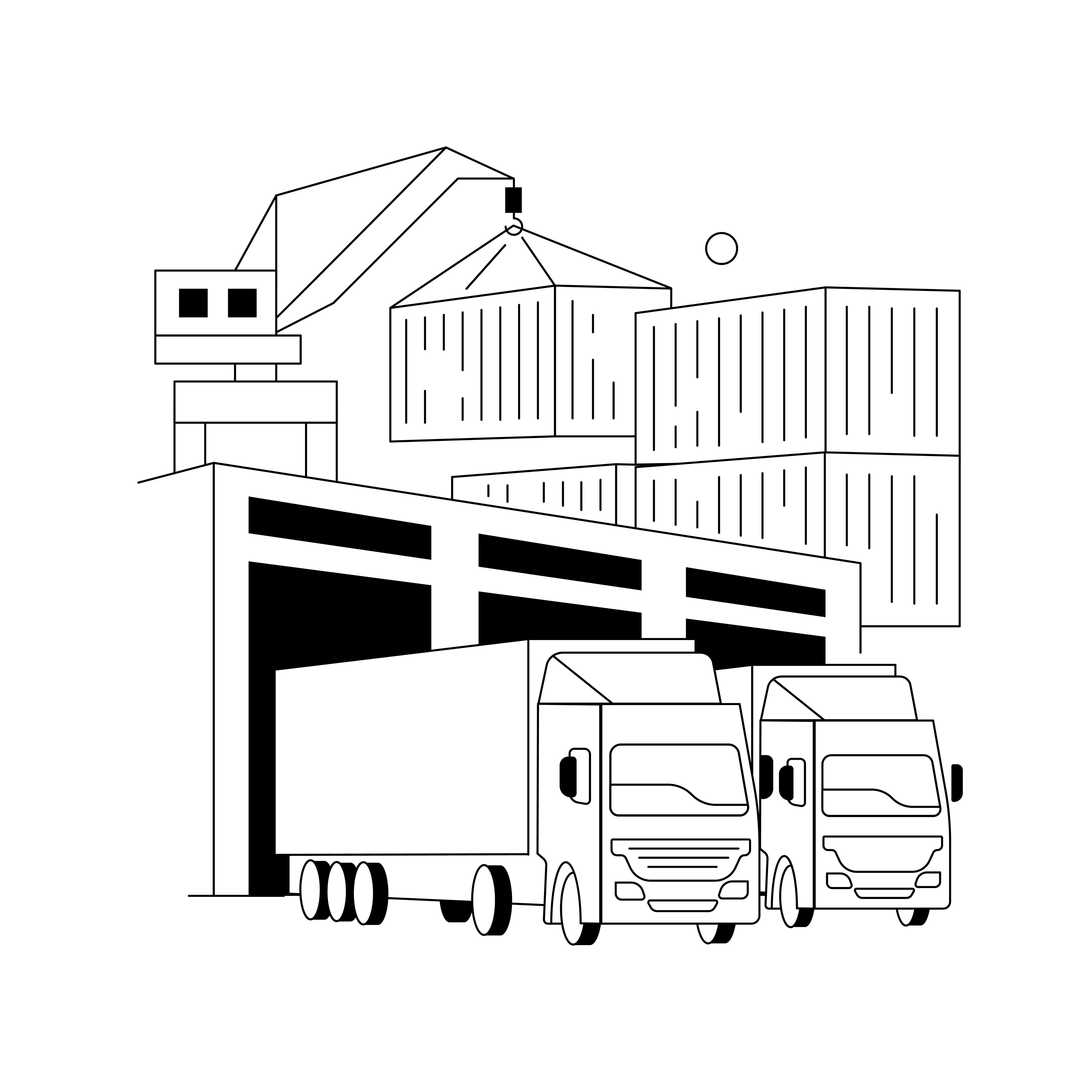
What is retail?
Retail, on the other hand, involves the sale of goods or services directly to consumers for their personal use or consumption. Retailers purchase products from wholesalers or directly from manufacturers and then sell them to individual consumers through various channels such as physical stores, online platforms, or catalogs. Retailers typically mark up the price of products to cover their operating expenses, including rent, utilities, wages, and marketing costs, as well as to generate a profit margin. Retailers play a crucial role in the distribution chain by providing convenient access to products and services for consumers.

What’s the Difference Between Wholesale and Retail?
Wholesale and retail represent distinct facets of the supply chain, each serving different purposes in the distribution of goods. The key disparity lies in the scale of transactions and the target customer base.
Comparison: Wholesale vs. Retail
When comparing wholesale and retail, several factors come into play, delineating their unique characteristics. Wholesale transactions occur in bulk, catering primarily to businesses or retailers, while retail transactions target individual consumers, offering products in smaller quantities. Price points differ significantly between the two, with wholesale prices generally lower due to volume discounts, whereas retail prices are higher to cover operational costs and generate profit margins. Additionally, wholesalers typically operate in B2B (business-to-business) environments, while retailers engage in B2C (business-to-consumer) interactions.
Pros and Cons of Wholesale
Pros
Efficiency for Planners: The wholesale model appeals to individuals skilled in planning, logistics, and nurturing client relationships, offering an organized approach to business operations.
Strong Client Relationships: Success in wholesale hinges on fostering close ties with clients, fostering loyalty and enduring business partnerships that contribute to sustained success.
Repeat Sales Opportunities: Wholesale relies on recurring purchases from retail buyers, ensuring a steady influx of revenue and fostering business stability over time.
Reduced Marketing Needs: With a focus on long-term client engagement, wholesale operations require less marketing effort compared to retail endeavors, allowing businesses to allocate resources more efficiently.
Business Stability: Established relationships and consistent orders contribute to a sense of security in wholesale operations, providing businesses with a predictable sales trajectory and revenue stream.
Cons
Supply Chain Management: Wholesale entails extensive supply chain oversight, involving tasks like product distribution, warehouse inventory management, and order fulfillment, demanding significant time and attention from business owners.
Credit-Based Transactions: Wholesale transactions often operate on credit terms, meaning payments are not received upfront, potentially leading to cash flow challenges and financial strain for businesses.
Risk of Non-Payment: There's inherent risk associated with clients failing to fulfill payment obligations, posing potential financial setbacks and impacting overall business viability.
Dependency on Trustworthy Clients: Wholesale businesses rely heavily on the integrity of their clients; a single untrustworthy client can disrupt operations, causing financial and inventory-related complications, underscoring the importance of selecting and maintaining reliable client relationships.
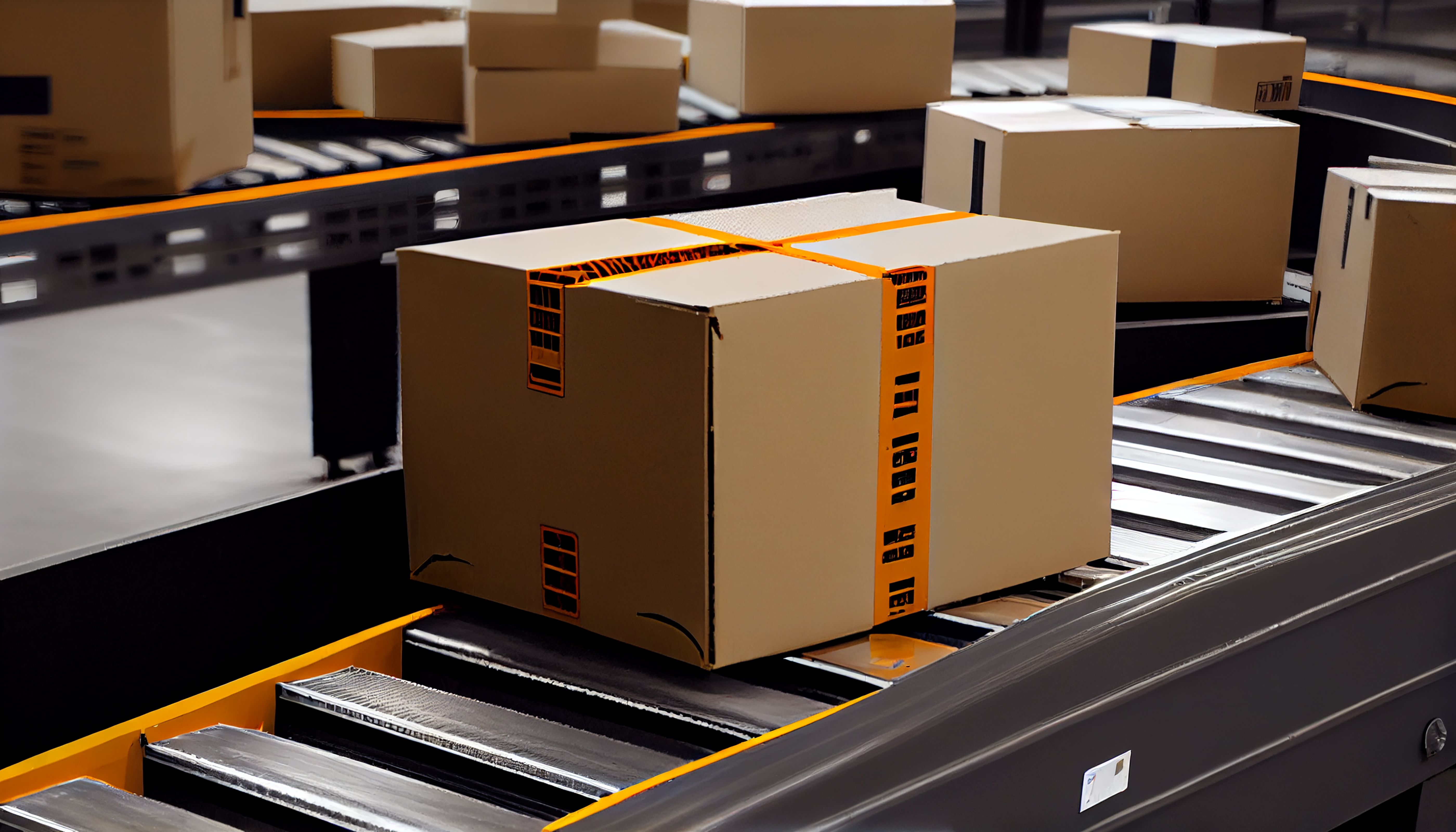
Pros and Cons of Retail
Pros
Meeting Diverse Needs: Retail thrives in catering to a wide array of customer preferences and requirements, offering a versatile platform for satisfying diverse consumer demands.
Direct Customer Engagement: Retailers benefit from direct interaction and feedback from end consumers, providing valuable insights for enhancing products and services to better meet customer expectations.
Sales Channel Flexibility: With robust Point of Sale (POS) systems, retailers can facilitate transactions across various channels, including in-store, online, and over the phone, enhancing accessibility and convenience for customers.
Upselling Opportunities: Retail environments enable opportunities for upselling, cross-selling, and bundling products, allowing businesses to capitalize on additional revenue streams and maximize sales potential.
Cons
High Customer Turnout Requirement: Retail operations necessitate attracting a large volume of customers compared to wholesalers to sustain profitability and drive sales.
Marketing Dependency: Retail businesses must allocate significant resources to marketing endeavors to attract and retain customers, requiring substantial time and financial investments in promotional activities.
Customer Management Demands: Managing customer interactions across multiple touchpoints—whether in-store, online, or over the phone—consumes considerable time and effort, demanding strong interpersonal skills and effective customer service practices.
Complex Business Model: Retail entails a multitude of responsibilities, including inventory management, sales tracking, employee training, and competitive analysis, contributing to a complex operational framework that requires meticulous attention to detail.
Technological Infrastructure Maintenance: Retailers must continually update and maintain their technological infrastructure, ensuring essential systems like POS remain functional and up-to-date to support efficient business operations.
Competitive Market Dynamics: The retail landscape is characterized by intense competition, compelling businesses to adopt innovative strategies and adaptability to differentiate themselves and thrive amidst competitive pressures.
Can you do both wholesale and retail?
Yes, you can indeed engage in both wholesale and retail operations simultaneously, a strategy embraced by numerous businesses across various industries. Many companies opt to participate in every facet of the commerce supply chain, leveraging their capabilities across wholesale and retail domains to maximize market reach and revenue potential.

A prime example of a company operating across wholesale and retail spheres is Apple. Renowned for its integrated approach to business, Apple undertakes various roles within the supply chain, encompassing design, manufacturing, distribution, wholesale, and retail functions. Here's how Apple's comprehensive business model operates in practice:
Initially, Apple procures materials and components from wholesalers to facilitate the manufacturing of its products. Once the products are assembled, they are distributed to Apple's network of retail stores and warehouses.
Subsequently, Apple retails its products directly to consumers through its brick-and-mortar retail outlets and online channels. Moreover, Apple engages in wholesale activities by supplying its products to other retailers, including major players like Walmart and T-Mobile.
It's noteworthy that certain large retailers opt to manufacture their bestselling products in-house, enabling them to capture profits at each stage of the commerce supply chain and exercise greater control over product quality and pricing.
You may also find it interesting to compare dropshipping vs affiliate marketing
Types of Wholesalers
There exists a diverse array of wholesale businesses, each catering to specific market niches and operational models. Let's explore six prominent types of wholesalers:
Merchant Wholesalers: Merchant wholesalers serve as intermediaries between manufacturers or producers and retailers. These wholesalers purchase goods in bulk quantities from manufacturers, store them in warehouses, and then resell smaller quantities to retailers at a markup. By offering a range of products under one roof, merchant wholesalers provide convenience to retailers seeking diverse inventory options.
Sales and Distribution for Manufacturers: In some cases, manufacturers opt to handle their own sales and distribution processes rather than relying on external wholesalers. These manufacturers operate internal distribution departments, essentially acting as their own wholesalers. By directly selling their products to other wholesale suppliers and retail businesses, manufacturers can exert greater control over distribution channels and profit margins.
Discount Wholesalers: Discount wholesalers specialize in acquiring and selling significantly discounted merchandise. This merchandise often comprises discontinued product lines, returned or refurbished goods, or inventory liquidation items. By offering discounted prices, discount wholesalers appeal to cost-conscious buyers seeking value-oriented purchasing opportunities.
Dropship Wholesalers: Dropship wholesalers facilitate a unique distribution model wherein online retailers can fulfill customer orders without maintaining inventory. When a sale occurs, the retailer forwards the order details to the dropship wholesaler, who then ships the product directly to the end consumer. This approach minimizes inventory management and storage costs for retailers while allowing wholesalers to expand their customer reach.
Brokers: Brokers play a crucial role in facilitating transactions between manufacturers and retailers. Unlike traditional wholesalers, brokers do not physically handle or store merchandise. Instead, they serve as intermediaries, negotiating deals and agreements on behalf of manufacturers and retailers. Brokers earn revenue through fees and commissions for successfully arranging transactions between the two parties.
Online Wholesalers: As e-commerce continues to proliferate, online wholesalers have emerged as prominent players in the wholesale market. These wholesalers leverage digital platforms to sell their products in bulk to retailers and other buyers. By operating online, they offer convenience, accessibility, and a wide range of product options to customers worldwide.
Each type of wholesaler serves distinct market needs and operates within specific industry segments. By understanding the diverse roles and functions of wholesalers, businesses can effectively navigate the wholesale supply chain and optimize their procurement strategies for success.
Types of retailers
Certainly! Here's an expanded overview of the various types of retailers that populate today's marketplace: Specialty Stores: These retailers focus on selling a narrow range of products within a specific niche or category. By specializing in a particular area, specialty stores aim to cater to the unique needs and preferences of a targeted customer base. Examples include stores like The Vitamin Shoppe, which exclusively sell health and wellness products, or GameStop, specializing in video games and related merchandise.
Online Retailers: In the digital age, online retailers have become increasingly prevalent, offering consumers the convenience of shopping from the comfort of their homes. These retailers operate primarily through their e-commerce websites or online platforms such as Amazon, eBay, or Etsy. Companies like Haus, which sells aperitifs through its dedicated website, exemplify the growing prominence of online retail channels.
Department Stores: Department stores are characterized by their diverse assortment of merchandise, spanning multiple product categories and departments under one roof. These retailers offer a wide range of goods, including clothing, shoes, homeware, electronics, and beauty products. Macy's, for instance, features departments dedicated to clothing, shoes, homeware, bed and bath essentials, jewelry, and more, providing shoppers with a comprehensive shopping experience.
Supermarkets: Supermarkets are large-scale retail establishments that specialize in selling a diverse array of food and household products. These stores typically feature multiple aisles stocked with groceries, fresh produce, dairy products, frozen foods, and household essentials. Supermarkets like Kroger, Walmart Supercenter, and Tesco serve as convenient one-stop destinations for consumers to fulfill their grocery and household needs.
Convenience Stores: Convenience stores, also known as corner stores or bodegas, cater to consumers seeking quick and convenient access to essential items. These small-scale retail outlets are typically located in residential neighborhoods or high-traffic areas, offering a selection of snacks, beverages, groceries, tobacco products, and household essentials. Examples include 7-Eleven, Circle K, and Wawa, which operate chains of convenience stores across various regions.
Discount Stores: Discount retailers specialize in offering a wide range of products at competitive prices, appealing to cost-conscious consumers seeking value-oriented shopping experiences. These stores leverage economies of scale and efficient supply chain management to offer discounted prices on branded and generic merchandise. Walmart, Target, and Dollar General are prominent examples of discount store chains known for their affordable pricing and extensive product selections.
These diverse types of retailers cater to the varied preferences and shopping habits of consumers, contributing to the vibrant landscape of the retail industry. Whether shoppers seek specialized products, the convenience of online shopping, or the affordability of discount stores, retailers play a vital role in meeting consumer needs and driving economic activity.
Can Wholesalers Sell Retail and Vice Versa?
In the dynamic landscape of commerce, the lines between wholesale and retail operations can sometimes blur, leading to the question: can wholesalers also engage in retail sales, and conversely, can retailers venture into wholesaling? Let's explore this concept further and delve into the implications for businesses in terms of competition, product range, and profit margins.
-
Competing Against Yourself: Wholesalers venturing into retail sales risk competing against their own retail customers. By selling directly to end consumers, wholesalers may undercut the prices offered to retailers, leading to strained relationships and potential conflicts of interest. Similarly, retailers entering the wholesale market may find themselves competing against their suppliers, disrupting established partnerships and eroding trust within the supply chain.

-
Different Ranges of Products: Wholesalers and retailers typically operate within different spheres of product offerings. Wholesalers deal in bulk quantities of goods, catering to the needs of retailers seeking diverse inventory options. In contrast, retailers curate product selections tailored to the preferences and demands of end consumers. While wholesalers focus on breadth, retailers prioritize depth, emphasizing product variety, exclusivity, and customer experience.
-
Profit Margins: The shift from wholesale to retail or vice versa can significantly impact profit margins. Wholesalers often operate on thinner margins per unit but compensate through volume sales. Conversely, retailers command higher margins per unit to cover overhead costs and deliver value-added services such as marketing, branding, and customer support. Transitioning between wholesale and retail models requires careful consideration of pricing strategies, operational efficiencies, and market dynamics to maintain profitability.
Related Blog: Dropshipping Pricing Strategy
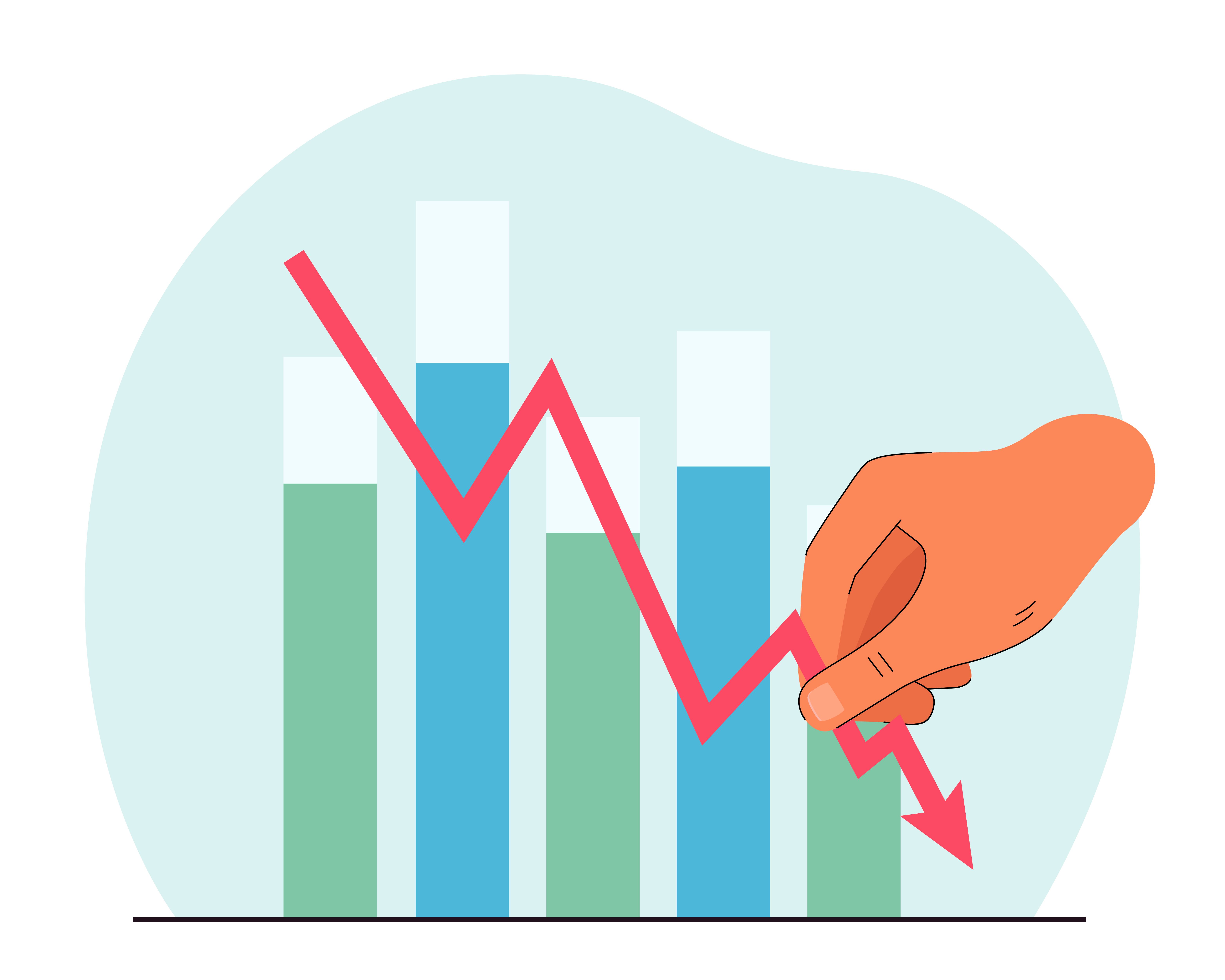
In summary, while wholesalers and retailers may explore opportunities to diversify their business models, they must navigate the inherent challenges and complexities associated with transitioning between wholesale and retail operations. By understanding the implications in terms of competition, product range, and profit margins, businesses can make informed decisions that align with their strategic objectives and market positioning.
Conclusion Wholesaling or Retail?
the decision between wholesaling and retailing is multifaceted, with each option presenting its unique advantages and challenges. While wholesalers enjoy the benefits of economies of scale, efficient operations, and consistent revenue streams, retailers thrive on direct customer engagement, brand development, higher profit margins, and diversified revenue channels. To make the best choice, businesses must align their decision with their strategic goals, market conditions, and operational capabilities. Whether opting for wholesaling, retailing, or a hybrid approach, success depends on adaptability, innovation, and a steadfast commitment to customer satisfaction in the dynamic landscape of wholesale vs retail commerce.
FAQ about Wholesale vs Retail
What is difference between retail and wholesale?
Wholesale involves selling bulk goods to other businesses at discounted prices. Retail involves selling products directly to consumers at a retail price. Another way of explaining the difference between wholesale and retail is by using the business terms “business-to-business” (B2B) and “business-to-consumer” (B2C).
Wholesale vs Retail: Which one is for you?
In the perpetual debate of wholesaling versus retailing, businesses must carefully weigh the pros and cons of each model to determine the most suitable approach for their operations. Both wholesaling and retailing offer distinct advantages and challenges, catering to diverse market needs and consumer preferences.
Is it better to buy wholesale or retail?
Buying wholesale typically offers products at a lower cost per unit due to bulk purchasing, making it ideal for businesses or individuals requiring large quantities. On the other hand, buying retail provides the flexibility of purchasing smaller quantities and often offers a wider selection of products, albeit at a higher per-unit cost.
Is Walmart a retailer or wholesaler?
Walmart is primarily a retailer, as it offers a vast array of products directly to end consumers in its numerous stores. While Walmart often provides competitive prices akin to wholesale for many items, it operates within a retail business model rather than wholesale.
Is Costco a wholesaler or retailer?
Costco operates as a warehouse club, blending elements of both retail and wholesale. While it offers bulk products to members at reduced prices, resembling a wholesale model, it caters directly to end consumers, making it more akin to a retailer.
Is Amazon a wholesaler or retailer?
Amazon primarily functions as a retailer, selling a diverse range of items directly to customers through its expansive online platform. While it predominantly operates as a retailer, Amazon does offer wholesale-like opportunities to businesses through programs such as Amazon Business, catering to B2B transactions.



